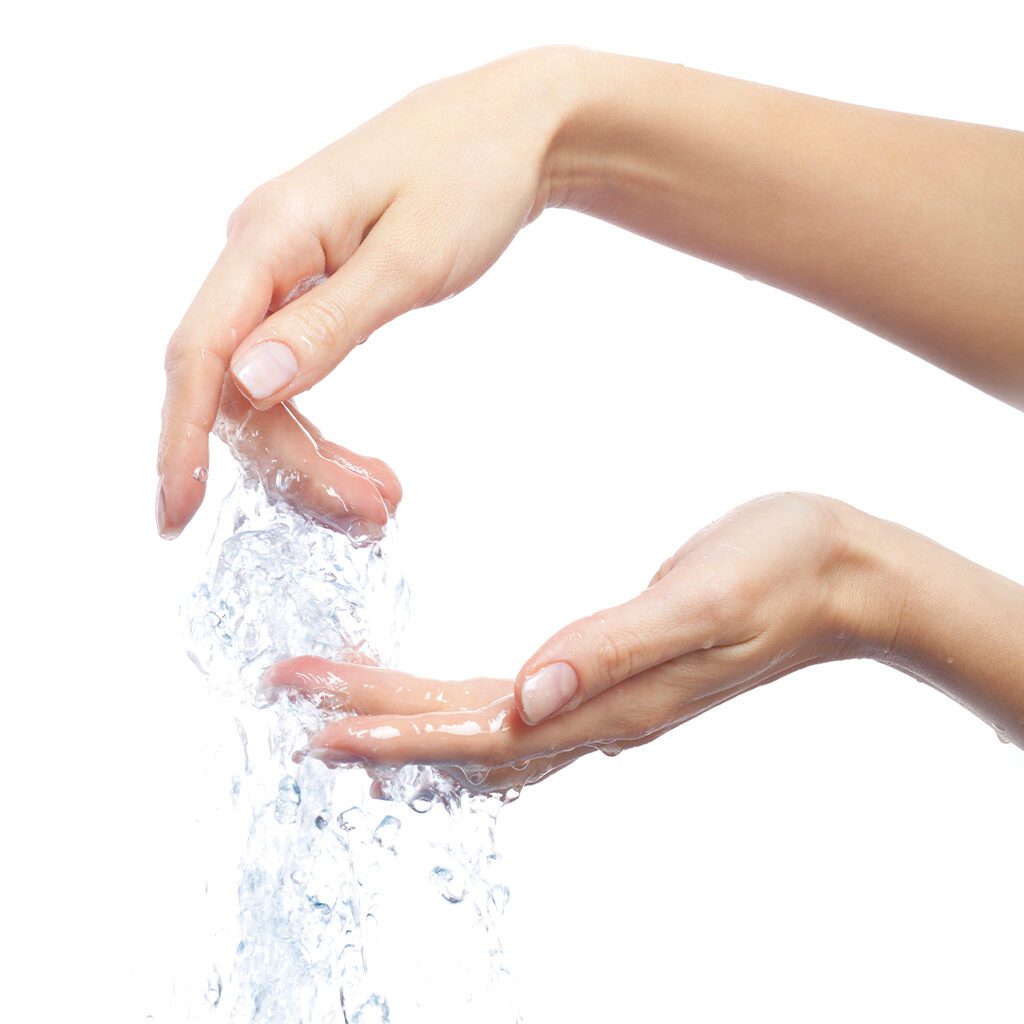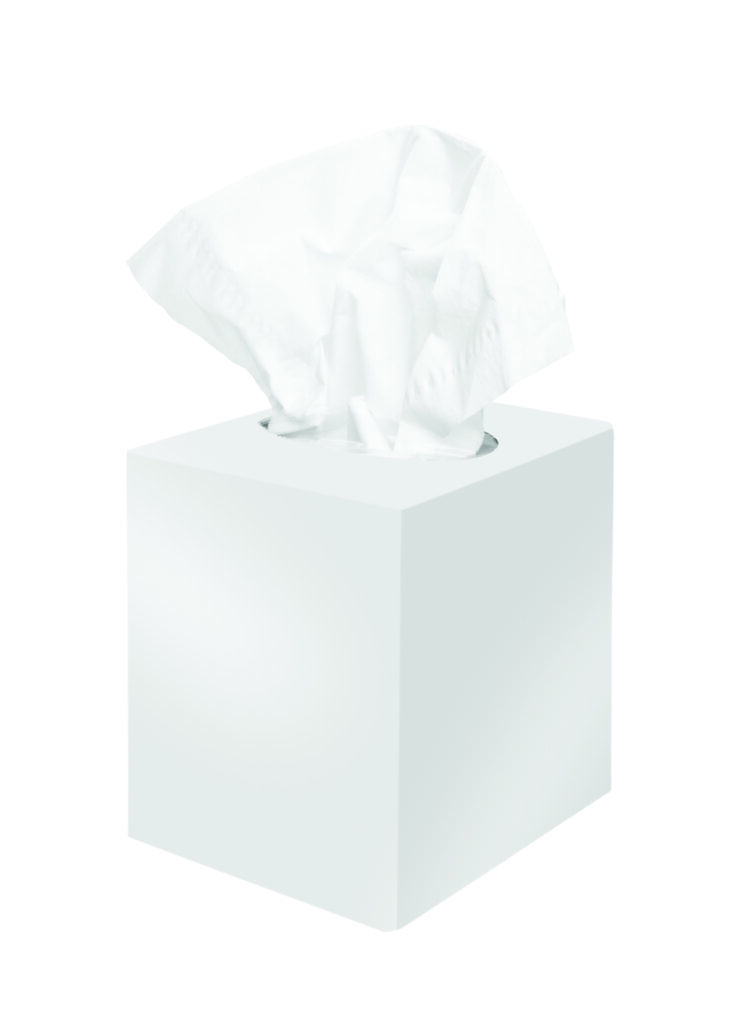Q. Each winter my skin gets really dry. How can I prep it for the cold this year?
A. Cold weather and low humidity levels rob the skin of moisture. To reduce any chapping, redness, or itching, try these tips.
When washing your hands or your face, use lukewarm water versus hot. This will prevent the stripping away of natural oils from your skin. Be sure to moisturize right afterward. Applying moisturizer to damp skin seals in needed moisture. Choose a moisturizer that has natural, nourishing ingredients. Those that are petroleum based can dry skin further.
Wearing gloves and a scarf in winter provides protection for skin in cold weather. Also, placing a humidifier in your bedroom will put moisture back in the air. Remember, skin needs hydration from the inside and outside, so be sure to drink the daily recommended amount of water.
Finally, eating foods that have a high water content, such as melons, apples, oranges, celery, and tomatoes, can help keep skin hydrated throughout the winter months.





Felicia Wright
Aesthetician, Southern Surgical Arts
- 423.266.3331
- 1405 Cowart St #201, Chattanooga, TN 37408
- 120 Cornerstone Way #3, Calhoun, GA 30701
- southernsurgicalarts.com
Q. My husband was recently diagnosed with early stage Parkinson’s disease. What are therapy options?
A. Management of individual patients with Parkinson’s disease (PD) requires careful consideration of a number of factors, including the patient’s symptoms and signs, age, stage of disease, degree of functional disability, and level of physical activity and productivity.
Non-pharmacologic treatments include:
Exercise and Therapy – Regular exercise promotes a feeling of physical and mental well-being; it’s especially valuable due to the chronic nature of PD and its associated progressive motor limitations.
Speech Therapy – Dysarthria (slurred speech) and hypophonia (quiet speech) are common manifestations of PD. Speech therapy for patients with PD may help improve speech volume. A speech therapist can also evaluate and treat problems with swallowing.
Nutrition – Patients with chronic illness (such as PD) are at risk for poor nutrition and weight loss. Prompt recognition and management of this problem are important to avoid loss of bone and muscle mass. A high-fiber diet and adequate hydration help manage the constipation of PD.
Pharmacologic and surgical therapy may be recommended as well.



Amjad Munir, MD
Medical Director, HealthSouth Chattanooga Rehabilitation Hospital
- 423.698.0221
- 2412 McCallie Ave, Chattanooga, TN 37404
- healthsouthchattanooga.com
Q. I keep hearing the term “robotic surgery.” What exactly is that?



A. Robotic surgery is a minimally invasive surgery technique akin to laparoscopic surgery, but robotic surgery has several important advantages and differences. As in laparoscopic surgery, small skin incisions are used for entry of instruments from outside the body. The robotic system is then attached to the instruments, and the surgeon controls them from a console in the operating room. The surgeon fully controls the instruments – the robotic system does not act on its own.
Robotic instruments have mechanical wrists with a range of motion exceeding that of the human wrist. This allows the surgeon to perform surgery with precise movements. Robotic surgery also utilizes a high-definition, magnified 3D camera system that creates enhanced visualization. Minimally-invasive robotic surgery is typically less painful than open surgery and can lead to an earlier return to normal activities. In order to perform robotic surgery, a surgeon must complete a specialized training course.



Jacob E. Dowden, MD, FACS
General & HPB (Hepatopancreatobiliary) Surgeon, University Surgical Associates
Q. My father has arthritis in his hip and has been complaining of pain more frequently. Will he need a hip replacement?
A.Increasing frequency and severity can certainly be seen with arthritic hip pain; however, further workup is needed to ensure the pain is not coming from another source. Pain in the hip can originate from a number of different etiologies including arthritis, bursitis, tendinitis, sciatica, and radiating low back pain. If arthritis is found to be the primary cause, there are multiple treatment options to help with the pain. Anti-inflammatories, injections, and physical therapy are nonsurgical modalities that can give symptomatic relief. If these treatments fail, total hip replacement can relieve pain, restore range of motion, and help patients return to their everyday activities.



Jason Rogers, MD
Orthopaedic Surgeon, Center for Sports Medicine & Orthopaedics
I thought allergy season was over! Why am I still sneezing?
A. The worst allergy seasons in the Chattanooga area tend to be spring and fall, but some allergy triggers are year-round. The most common allergic triggers during the winter season include pet dander, dust mites, and molds. Pet dander and dust mite allergens are mostly indoors, while the majority of mold allergens are outdoors.
Allergy symptoms due to these triggers are similar to symptoms experienced at other times of the year – sneezing, runny nose, stuffy nose, or itchy/watery eyes. In addition to winter allergies, you might also be experiencing vasomotor rhinitis, which is characterized by runny nose and sneezing when you are exposed to strong odors (think: holiday scented candles or potpourri).
Finally, the common cold is very prevalent this time of year. If you have fever associated with your sneezing and runny nose, it is most likely an infection and not allergies at all.






Lee M. Perry, MD
Allergy & Asthma Specialist, Chattanooga Allergy Clinic

